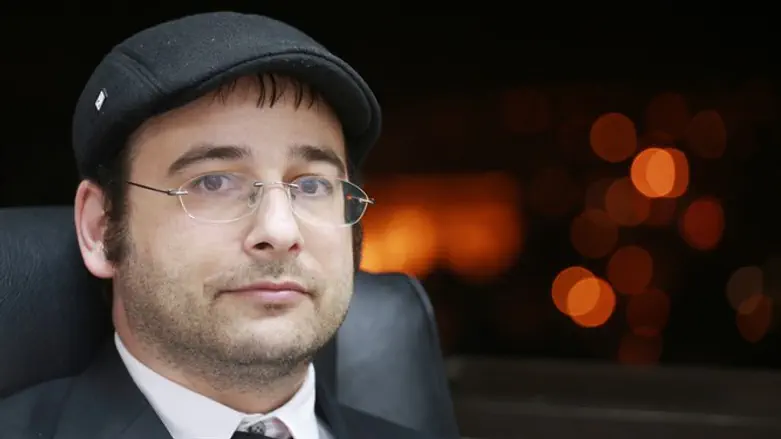
The prosecution was forced yesterday, Wednesday, to request that the Youth Magistrate Court in Jerusalem withdraw the indictment it had submitted against a 16-year-old youth, one of the so-called “hilltop youth.”
The indictment had asserted that the youth had stationed himself in the area of “Geulat Tzion,” which is designated as “fenced-off land” by order of the head of Central Command. The order is meant to prevent activists from coming and building on the hill.
According to the indictment, the youth violated the order, which was aimed directly at Jews, and stationed himself in the area, despite the fact that he had been arrested at the site on a previous occasion and the order had been presented to him, according to the prosecution.
During the hearing, the youth told the judge about the way of life in outposts for the “hilltop youth” and described the youths’ motives.
“I study Torah and settle the land of Israel,” he said. When asked what ‘settling the land” was for him, he responded, “It means everything - establishing more communities in the land of Israel, while helping other people doing it. Or donating money for it. Also sometimes I would go to all sorts of hilltops, the beginnings of new communities, to help them set it up, to strengthen the presence at the place.”
“On every hill there are some who are responsible for the place. They in general are responsible for the building of houses, and there are a lot of people coming to help [...] It’s kind of a public house,” he said.
The youth responded to the indictment by stating that he had in fact been at a different location from where he had first been arrested, and that, at the time of his first arrest he had been shown a black-and-white and indiscernible picture of a map.
During the presentation of evidence it became clear that not one of the policemen could show the court where the youth had been arrested, and the officer in charge of the youth’s arrest didn’t know how to explain the markings he had made on the map in black-and-white.
Not one of the witnesses knew how to explain where the youth had been arrested and show that the arrest was made in an area closed off to Jews.
“I think there is a difficulty in the case here. [The policeman] didn’t know how to explain where they were and turned to the officer, and the officer today also didn’t know how to describe where they were,” Judge Avital Molad observed two-and-a-half weeks ago during a hearing.
Yesterday, the parties arrived to the court for an additional session, and in a short hearing the prosecution announced that it was withdrawing the indictment. The Judge accepted the request and decided to cancel the indictment.
Attorney Yitzhak Bam, who represented the youth as a public defender, said in response: “Of course, I praise the court’s decision, but it is impossible not to be sorry over the fact that army officials are working to prevent Jewish settlement in the land of Israel. Instead of dealing with rock-throwing terror and increasing personal security for civilians, police are pursuing youth with values who love the land of Israel and continue on their pioneering path of settling the land.”